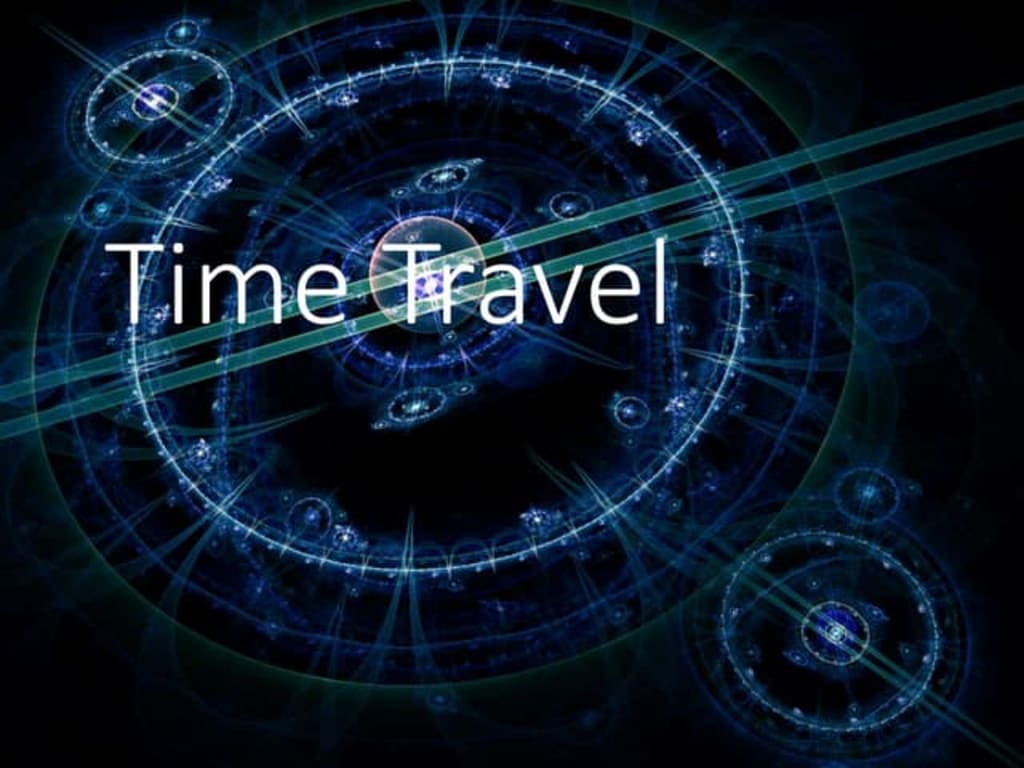Is Time Travel ACTUALLY Possible?
Is Time Travel ACTUALLY Possible?😱

Have you ever pondered the captivating concept of traversing through the intricate fabric of time? It's quite likely that we've all indulged in such musings. Perhaps you yearn to journey to the past, to witness history unfold before your eyes or even alter its course. On the other hand, you might find yourself enticed by the mysteries of the future, longing to catch a glimpse of what lies ahead. Time travel has long been a staple of science fiction, with countless books and movies exploring its potential benefits and perils. But amidst our fascination, we must inquire: is time travel a mere figment of imagination, or does it hold a glimmer of possibility? And if it were attainable, what prerequisites must we fulfill to unlock its enigmatic door?
To embark on a quest for time travel comprehension, we must first fathom the essence of time itself. In classical physics, time was considered a universal entity, independent of subjective perception, and progressing uniformly for all beings across the vast expanse of the universe. It operated as a steadfast framework in which cause and effect played their perennial roles, forever tethered to one another. This notion served as the bedrock of the universe's structure. However, as our understanding evolved, the limitations of this concept began to unravel.
Albert Einstein's theory of relativity emerged as a watershed moment, reshaping our comprehension of time's mutable nature. According to this revolutionary theory, time exists as a dimension intertwined with the three dimensions of space within the construct known as space-time. Furthermore, time can be influenced by various factors. For instance, objects hurtling through space at significant velocities experience a perceptible dilation of time, causing it to pass more slowly for them compared to relatively stationary entities. Similarly, the presence of gravitational fields can also impede time's progression. As an illustration, an astronaut orbiting the Earth would age at a slower pace than those bound to its surface.
However, the implications of time's fluidity extend far beyond these terrestrial encounters. Enter the enigmatic realm of black holes—celestial entities boasting the most formidable gravitational pull in the universe. So potent is their influence that even light itself succumbs to their grasp, unable to escape. In the vicinity of a black hole, time stretches and distorts to an extraordinary degree. If, by some unfortunate circumstance, an individual were to plummet into its abyss, they would witness eons worth of events unfolding before meeting their inescapable demise. Alternatively, if one were to miraculously escape the clutches of a black hole, they would return to a world dramatically transformed, as an immense span of time would have elapsed on the outside.
Another captivating phenomenon arises as we approach the cosmic speed limit—the speed of light. As an object accelerates towards this threshold, time gradually decelerates for it relative to the external world. In theory, once the speed of light is attained, time would stand still, and events would occur instantaneously. Imagine a photon traversing vast cosmic distances, emitted by a distant star. Though it may take millions of years to reach our Earthbound vantage point, for the photon itself, the journey transpires in an infinitesimal instant. Consequently, it appears that as velocity increases, time unravels its linear progression, offering a potential avenue for forward time travel. By hurtling away from Earth and returning after a significant duration, one could witness the passage of many years while aging relatively little.
However, venturing backward in time proves to be a far more intricate undertaking. If time becomes stagnant at the speed of light, could surpassing this limit enable a reversal of temporal flow? Some researchers speculate that subatomic particles called tachyons possess this elusive property. Hypothetical in nature, tachyons have yet to be observed
About the Creator
Emmanuel Godwin
Everyone deserves to be treated equally regardless of color or religion
Be the change everyone would want to adapt to






Comments
There are no comments for this story
Be the first to respond and start the conversation.